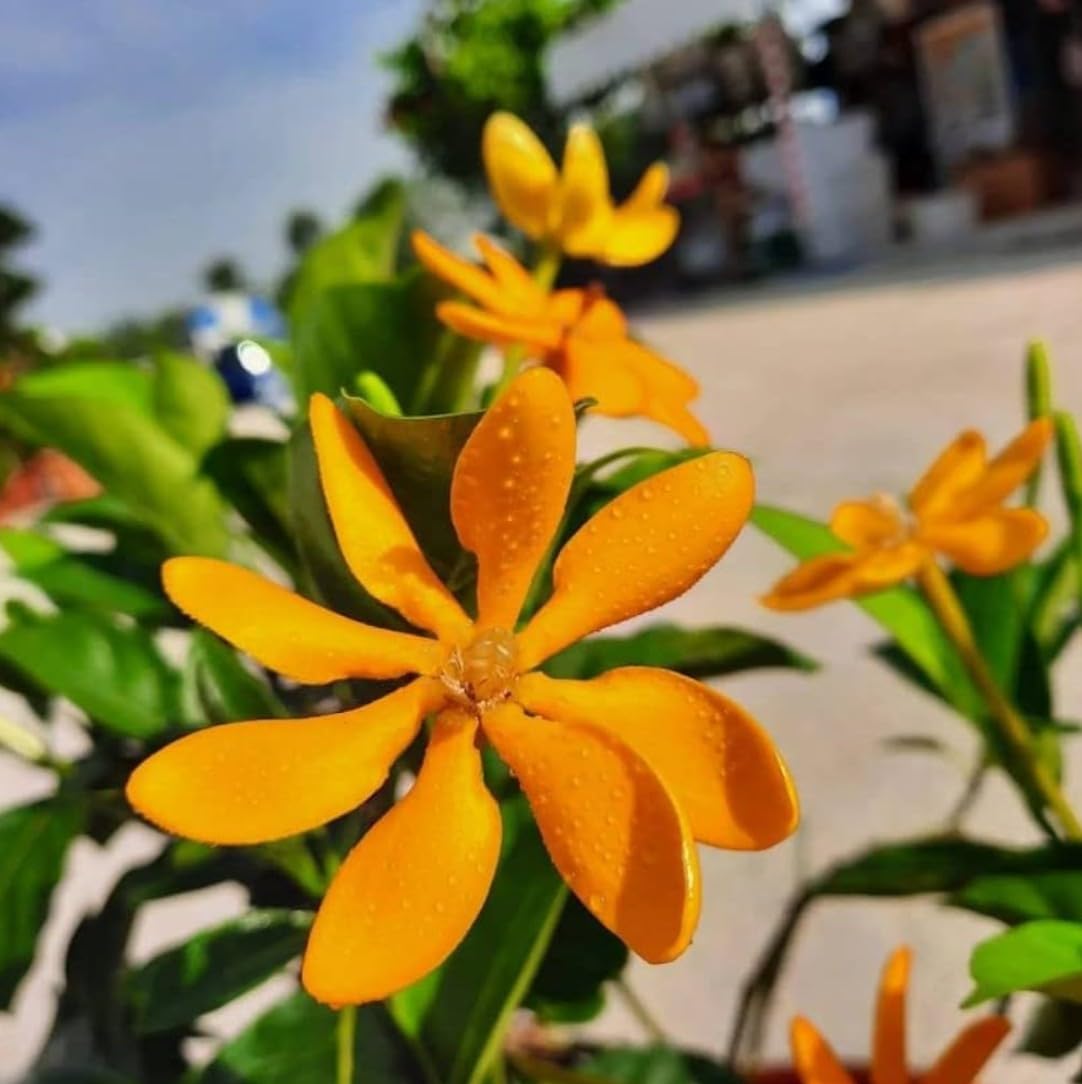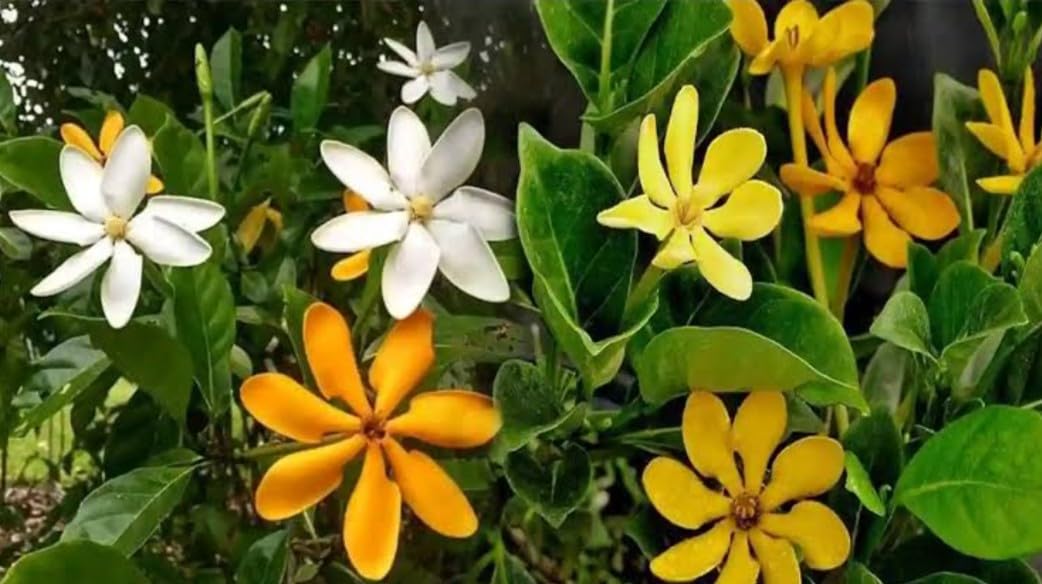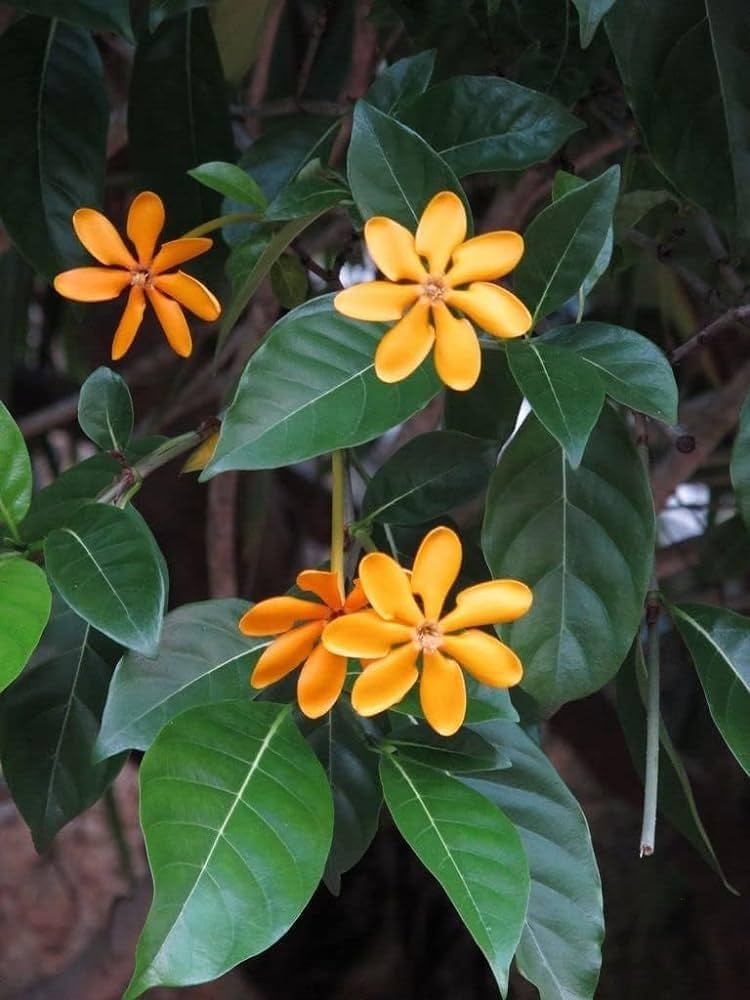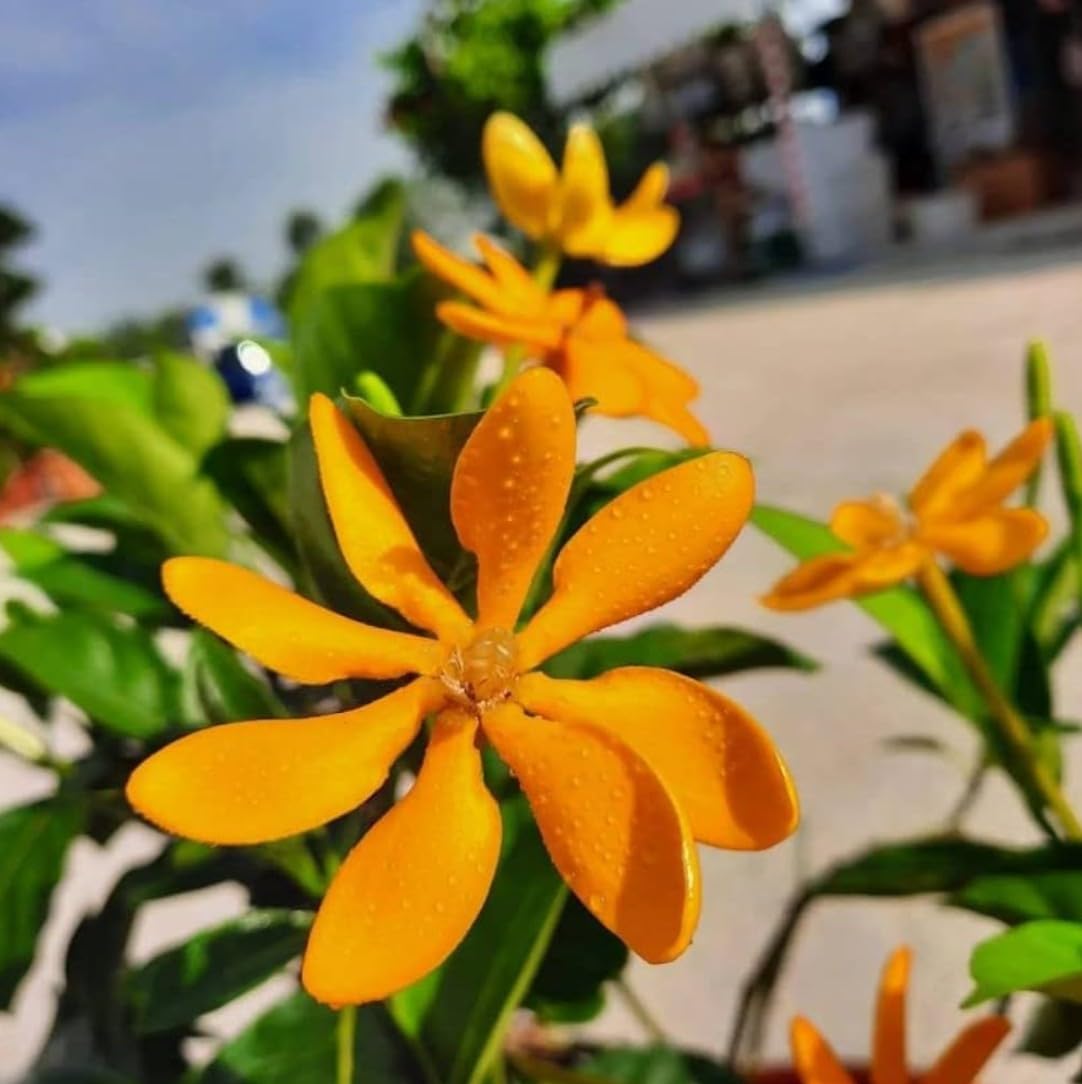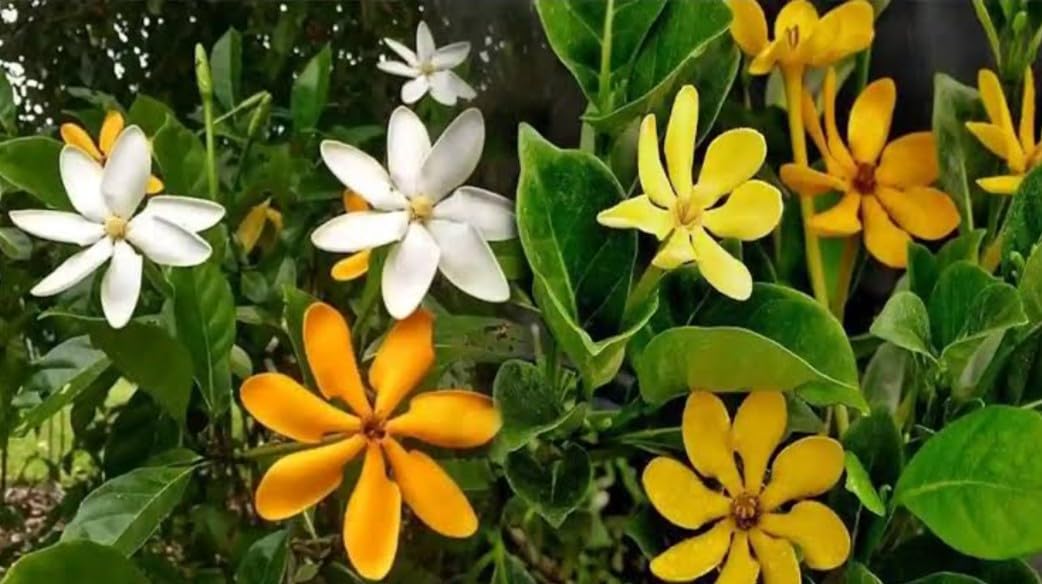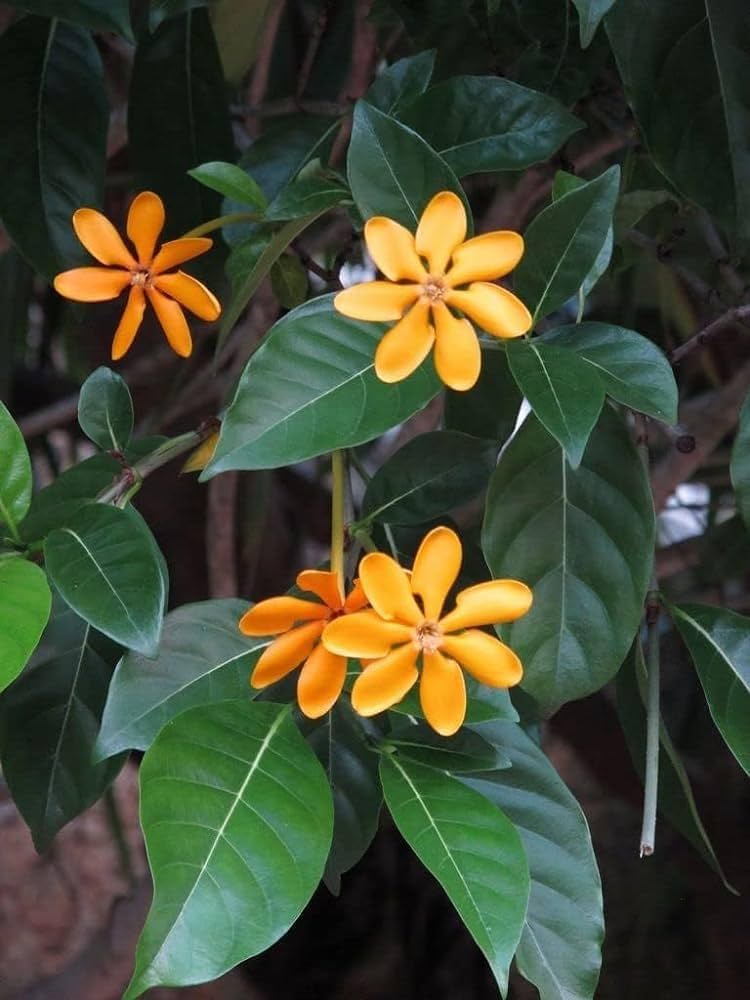1
/
of
3
Orange hollyhock flower Alcea rosea double perennial seeds for planting in garden beds or backyard borders
No reviews
€21,41 EUR
Sale price
€21,41 EUR
Unit price
/
per
Sale
Sold out
Tax included.
Shipping calculated at checkout.
Couldn't load pickup availability
Description
Doppel Orange Malve Samen (Perennial Giant Flowers)
Characteristics and Uses of Doppel Orange Malve
Doppel Orange Malve, known for its stunning double-layered orange blossoms, is a striking perennial that adds a warm, vivid splash of color to any garden. With its large, ruffled petals and upright habit, this hardy flower is ideal for borders, cottage gardens, or pollinator-friendly landscapes. It blooms generously during summer and is known for attracting butterflies and bees.
Growing Conditions for Doppel Orange Malve
- Light Requirements: Full sun to partial shade
- Soil Type: Well-draining, fertile soil with neutral to slightly alkaline pH
- Temperature Range: Prefers 60–85°F (15–29°C)
- Humidity: Moderate; tolerates light drought once established
Planting Tips for Doppel Orange Malve Seeds
- Sow seeds directly outdoors after the last frost or start indoors 6–8 weeks early.
- Plant seeds 1/4 inch deep in moist, well-drained soil.
- Germination takes 10–20 days under warm conditions (65–75°F).
- Thin seedlings to allow 12–18 inches between plants for proper airflow.
- Deadhead spent blooms to prolong flowering and encourage new growth.
Watering Instructions and Tips
- Keep soil evenly moist during germination and early growth stages.
- Once established, water moderately—allow the topsoil to dry between watering.
- Avoid waterlogging; ensure good drainage to prevent root rot.
Growing Zones
- USDA Hardiness Zones: 4–9
- Global Growing Zones: Suited for temperate to warm climates with mild winters
Key Benefits & Uses
- Produces large, double-petaled orange flowers with rich color
- Excellent for cut flower arrangements and floral borders
- Perennial growth offers long-term garden beauty
- Attracts butterflies, bees, and other pollinators
- Low-maintenance and drought-tolerant once mature
Best Uses in the Garden
- Flower
